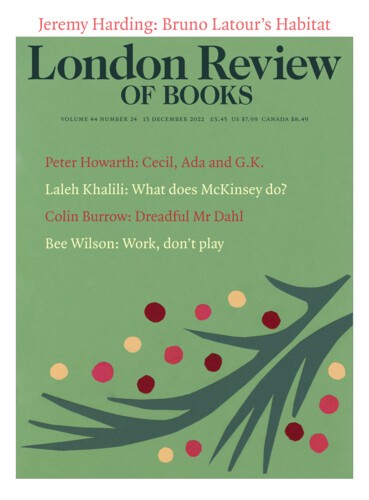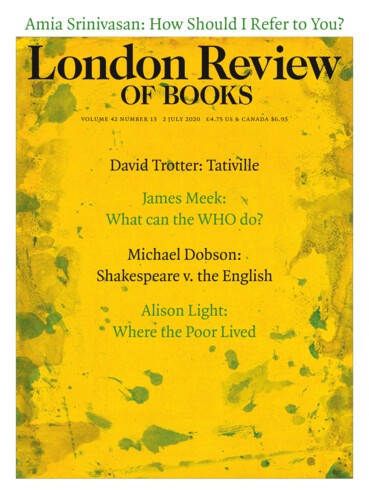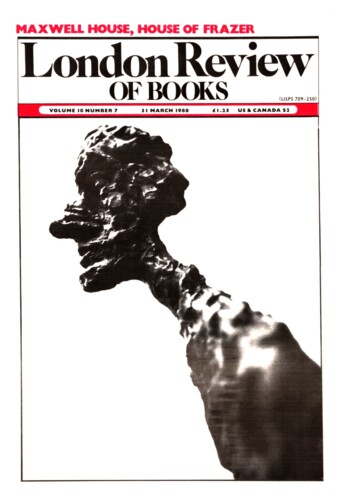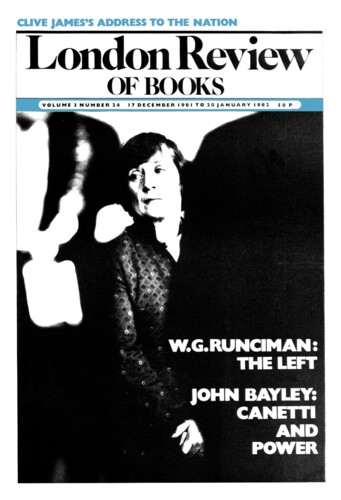Robin Kinross
Robin Kinross is writing a history of modern typography.
Here we are
2 July 2020
Black Art
Robin Kinross, 31 March 1988
More than five hundred years on from its first practice, some mystery still surrounds the ‘black art’ of printing. And now, when the secure identity of the printing trade is threatened by instant printers, desk-top publishers and women compositors, the mystery has been displaced and further confused. Typographers feel this every time they are asked what exactly it is that they do. ‘Oh, newspapers?’ someone will hazard. ‘No, books, leaflets, that sort of thing.’ ‘You print them?’ ‘No, design them,’ ‘You make the illustrations?’ Then one tries to explain the function of editorial and visual decision-taking that should intervene – or may happen by default-between the writing of a text and its composition and multiplication as printed pages. The other familiar conversation is of insiders talking together: the obsessive discussions of the visual forms of text matter, of line-lengths and letterspacing. Between these two worlds, of the reader and of the designer of text, the gap may sometimes feel impossibly wide, and yet each depends on the other.’
Quality Distinctions
17 December 1981
Read anywhere with the London Review of Books app, available now from the App Store for Apple devices, Google Play for Android devices and Amazon for your Kindle Fire.
Sign up to our newsletter
For highlights from the latest issue, our archive and the blog, as well as news, events and exclusive promotions.




